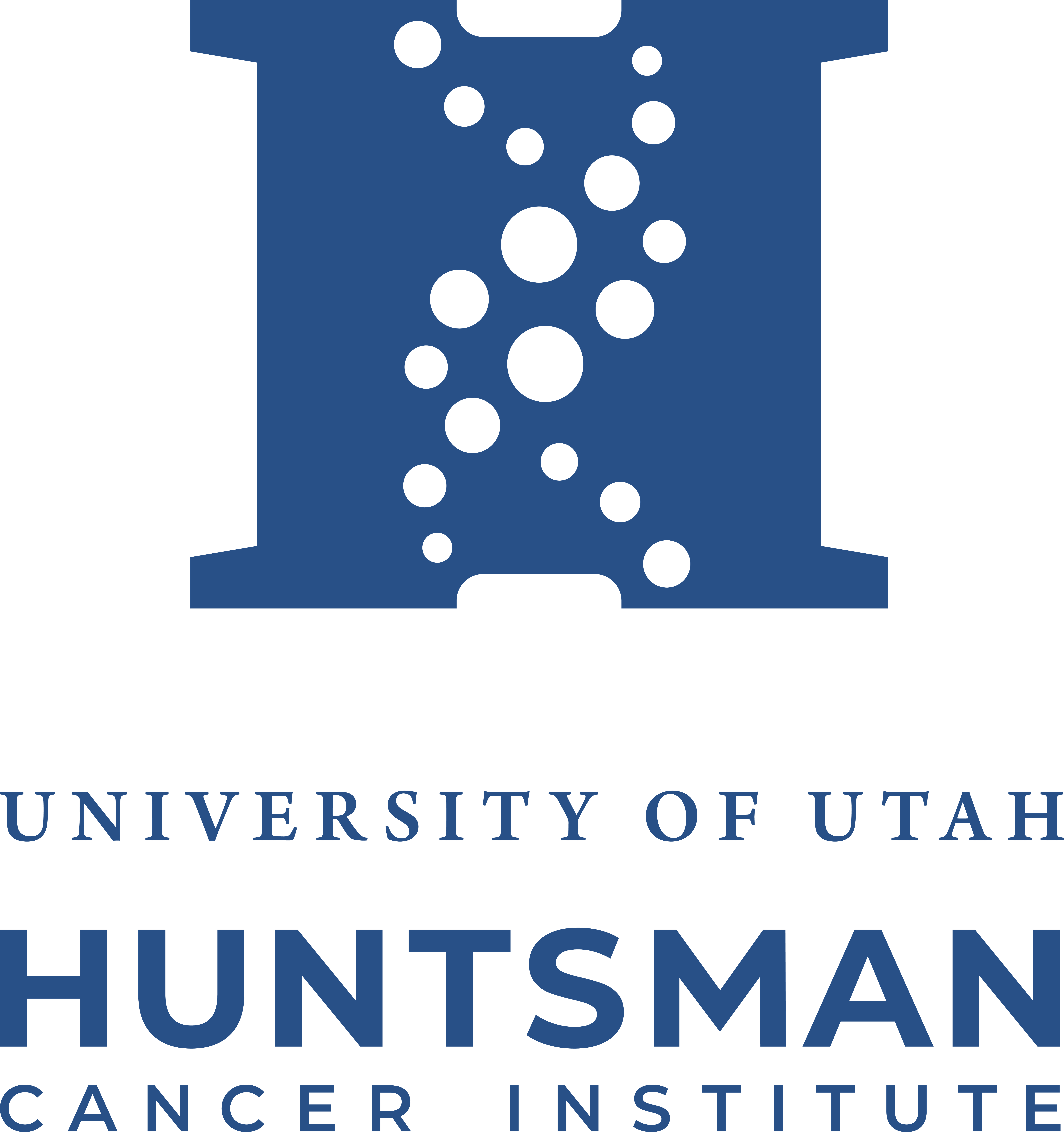
- April 2022
- Volume 16
- Issue 2
Durvalumab Outcomes Could Change Treatment Approaches in Cholangiocarcinoma

Adding the immunotherapy to chemotherapy in the frontline setting may improve overall survival for patients with advanced biliary tract cancer.
Cholangiocarcinoma (CCA) and gallbladder (GB) cancers are rare types of gastrointestinal (GI) malignancies and account for 3% of all GI cancers. Each year, there are approximately 8000 new CCA and GB diagnoses in the United States.1 The classification of CCA subtypes are determined by the location within the bile duct from which the tumor arises.
Intrahepatic cholangiocarcinomas (IHCCs) are tumors located within the hepatic portion of the bile ducts, whereas extrahepatic cholangiocarcinomas (EHCCs) are tumors that occur outside the liver and start at the junction of the left and right hepatic ducts, extending down to the common bile duct. EHCC can be subdivided into hilar or distal. Hilar tumors originate in the mid portion of the bile duct. GI specialists commonly refer to these as Klatskin tumors. In contrast, tumors that originate in the distal bile ducts are appropriately called distal extrahepatic cholangiocarcinomas.2
Fortunately, CCAs are rare cancers, but they have a dismal prognosis. The 5-year overall survival (OS) for all stages and subtypes of CCA range between 2% and 25%.1 Because of this poor prognosis and lack of great treatment options, CCA is often fatal.
Historically, chemotherapy has been the only option for these cancers. Cisplatin (Platinol) and gemcitabine (Gemzar) represent the current standard of care to treat metastatic or unresectable disease. This has been the standard since the ABC-02 trial (NCT00262769) demonstrated that gemcitabine plus cisplatin significantly improved patient’s OS compared with gemcitabine alone in patients with biliary tract cancer (BTC).3
Interestingly, one aspect of CCA that has evolved significantly over the years is our ability to identify and target proteins that are overexpressed on some CCAs. We typically target FGFR expression with pemigatinib (Pemazyre) or infigratinib (Truseltiq), IDH1 expression with ivosidenib (Tibsovo), BRAF and MEK with dabrafenib (Tafinlar) and trametinib (Mekinist), TRK with entrectinib (Rozlytrek) and larotrectinib (Vitrakvi), and MSI-H with pembrolizumab (Keytruda).2,4
Today, durvalumab (Imfinzi) represents the newest potential addition to the CCA treatment landscape. Durvalumab-related outcomes were presented at the 2022 American Society of Clinical Oncology GI Cancers Symposium as part of the TOPAZ-1 trial (NCT03875235). 5 This phase 3, randomized, double blind, placebo-controlled trial assessed the safety and efficacy of durvalumab in combination with cisplatin and gemcitabine in advanced BTCs. Eligible participants for the trial included patients with advanced IHCC, EHCC, and GB cancers, who had either not received prior therapy or had completed adjuvant therapy more than 6 months before study initiation. Patients also needed to have an ECOG status of 0 or 1.
Patients were randomized 1:1 to receive either durvalumab or placebo in addition to cisplatin and gemcitabine placebo for up to 8 cycles. Following these 8 cycles, maintenance therapy, either with durvalumab or placebo, was administered to the patients. Main study objectives included OS and progression-free survival.
Results from TOPAZ-1 showed that at a 13.7-month follow-up, the median OS was 12.8 months (95% CI, 11.1-14.0) in the durvalumab/chemotherapy arms vs 11.5 months (95% CI, 10.1-12.5) in the placebo/chemotherapy arms. Impressively, at a 24-month follow-up, OS rates were 24.9% in the study arm (95% CI, 17.9%-32.5%) and 10.4% in the control arm (95% CI, 4.7%-18.8%). Overall, the introduction of durvalumab resulted in a 20% reduction in the risk of death in this patient population (HR, 0.80; 95% CI, 0.66-0.97; P = .021)
These findings highlight a key take-home message from the trial: Although the results are modest, with no early separation of the curves, the tail of the curve is impressive. In addition, these findings suggest that by adding immunotherapy to first line chemotherapy, we can positively affect a subset of the population and impact their OS, possibly giving a small number of patients a longer disease-free interval or maybe even a cure. Identifying which patients will benefit remains a challenge.
Although CCAs are rare, they are starting to become known as one of the most targetable cancers within GI oncology, and genomic sequencing is now highly recommended for patients with unresectable or advanced BTCs. The results from the TOPAZ-1 trial will likely change clinical practice by demonstrating the potential value of immunotherapy in combination with chemotherapy for frontline treatment. We now have data showing superior outcomes for some patients, with a very acceptable safety profile.
References
- Bile duct cancer (cholangiocarcinoma): statistics. Cancer.Net. Updated February 2022. Accessed March 1, 2022. https://bit.ly/3q9WtSC
- NCCN. Clinical Practice Guidelines in Oncology. Hepitobiliary cancer, version 5.2021. guidelines: hepatobiliary cancers.Accessed March 1, 2022. https://bit.ly/36nr3Bc
- Valle J, Wasan H, Palmer DH, et al. Cisplatin plus gemcitabine versus gemcitabine for biliary tract cancer. N Engl J Med. 2010;362(14):1273-1281. doi:10.1056/NEJMoa0908721
- Kam AE, Masood A, Shroff RT. Current and emerging therapies for advanced biliary tract cancers. Lancet Gastroenterol Hepatol. 2021;6(11):956-969. doi:10.1016/S2468-1253(21)00171-0
- Oh DY, He AR, Qin S, et al. A phase 3 randomized, double-blind, placebo-controlled study of durvalumab in combination with gemcitabine plus cisplatin (GemCis) in patients (pts) with advanced biliary tract cancer (BTC): TOPAZ-1. J Clin Oncol. 2022;40(suppl 4):378. doi:10.1200/JCO.2022.40.4_suppl.378
Articles in this issue
almost 4 years ago
Will Requiring the DNP Improve the Quality of Oncology Nursing?almost 4 years ago
Nurse Takeaways: 2022 ASCO Genitourinary Cancers Symposium at a Glancealmost 4 years ago
2022 ASCO Gastrointestinal Cancers Symposium Highlightsalmost 4 years ago
Electronic Health Record Notes May Be Perpetuating Biasesalmost 4 years ago
Caring for an Immunocompromised Bone Marrow Transplant Recipientalmost 4 years ago
Understanding “Total Pain” in the Context of Oncology Carealmost 4 years ago
Decentralized Clinical Trials: Bringing Care Directly to Patientsalmost 4 years ago
The Future of Nursing Must Be DiverseNewsletter
Knowledge is power. Don’t miss the most recent breakthroughs in cancer care.


































